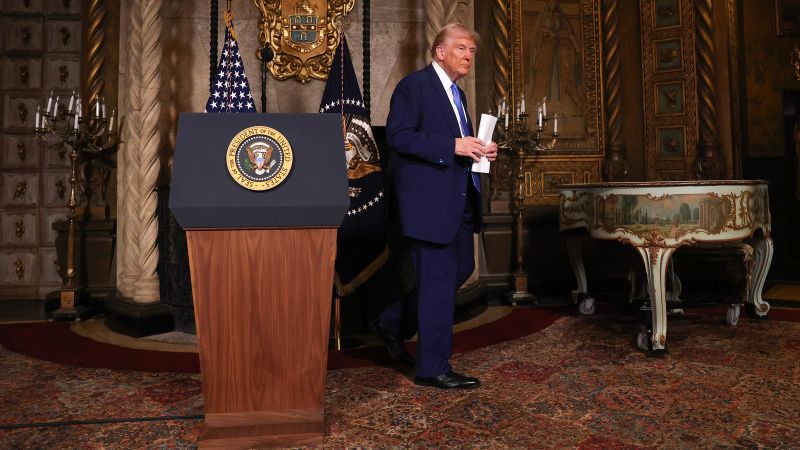Court Halts Trump's Diversity Crackdown: DEI Policies Receive Temporary Reprieve

In a significant legal development, a federal judge has issued a temporary halt to the Trump administration's aggressive efforts to dismantle diversity, equity, and inclusion (DEI) initiatives. The ruling provides a momentary reprieve for organizations seeking to promote workplace diversity and address systemic inequalities.
The judge's decision blocks specific presidential directives aimed at restricting DEI programs, signaling a potential setback for the administration's attempts to limit diversity-focused workplace practices. This preliminary injunction represents a crucial moment for advocates of inclusive workplace environments and equal opportunity policies.
Legal experts suggest the ruling could have far-reaching implications for how organizations approach diversity and inclusion efforts in the coming months. The temporary block ensures that existing DEI programs can continue to operate while the legal challenges are further examined by the court.

